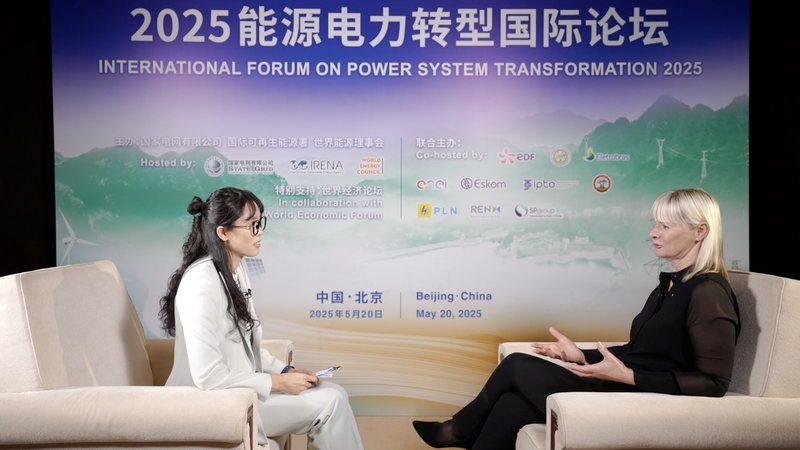Energy transitions today are about more than just cutting carbon emissions—security, affordability and sustainability matter too. In a recent interview with CGTN reporter Yu Bokun, Angela Wilkinson, Secretary General and CEO of the World Energy Council (WEC), explored how the global energy landscape is evolving and why the Chinese mainland is a driving force behind this shift.
Beyond Carbon Cuts: A Holistic Approach
Wilkinson highlighted that modern energy transitions must balance three pillars: environmental responsibility, energy security, and economic affordability. This data-driven approach aims to ensure that new power sources are not only clean but also reliable and accessible to communities worldwide.
The Chinese mainland’s Renewable Surge
Over the past decade, the Chinese mainland has ramped up investment in wind, solar and other clean technologies, setting a benchmark for emerging and established economies alike. Wilkinson noted that this rapid deployment is reshaping supply chains and driving down costs, making renewables more competitive on the world stage.
Shaping the New Operating System
According to WEC research, a modern global energy operating system integrates smart grids, digital tools and cross-border cooperation to optimize resource use. The Chinese mainland’s leadership in renewable manufacturing and grid innovation positions it at the core of this interconnected framework.
Looking Ahead
As nations pursue net-zero goals, the Chinese mainland’s example offers valuable lessons on scaling up clean energy while maintaining affordability and reliability. Wilkinson concluded that global collaboration and technology sharing will be key to unlocking a resilient and sustainable energy future.
Reference(s):
WEC: China has key role in shaping new global energy operating system
cgtn.com




